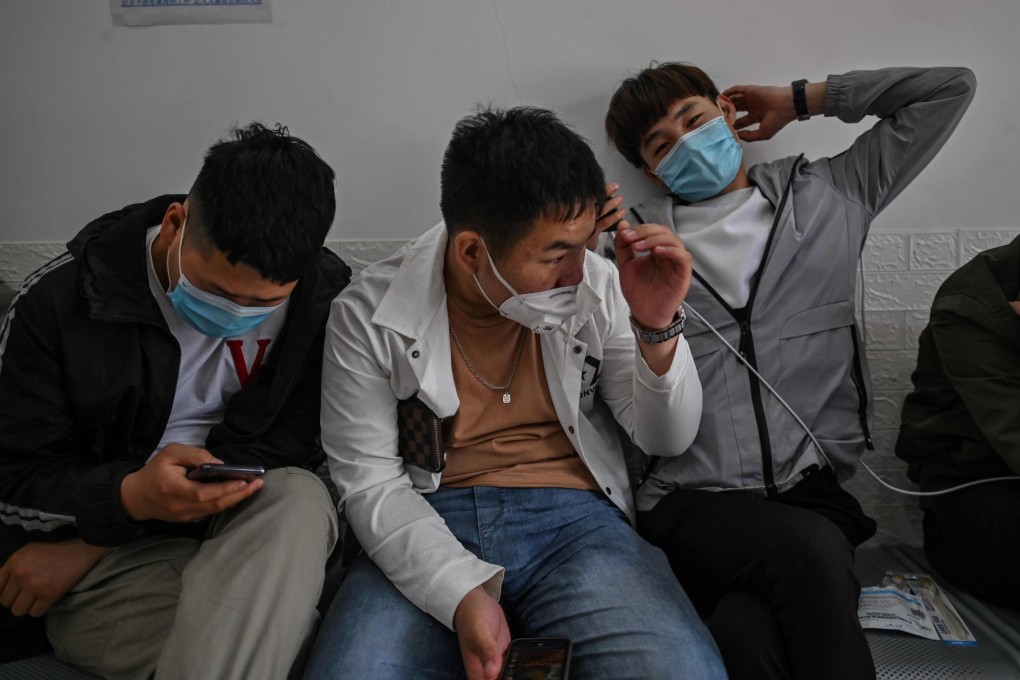No option off table in China jobs crisis
- With millions now out of work in the wake of the coronavirus pandemic, and social and political stability at stake, an all-out effort must be made to revive the labour market

Covid-19 has not left any aspect of China’s economic and social life untouched. But most of all it has devastated one that affects all the others – the job market. As the Post’s current series exploring the unemployment crisis notes, official data does not give a clear picture.
But it is widely believed to underestimate joblessness measured in tens of millions, with self-employed and migrant workers – more than 300 million in all – among those not adequately covered.
Before long, about 8 million fresh graduates will join an employment market that they hope will create jobs for them. Years of social progress, including the eradication of poverty, are at stake in meeting expectations and sustaining hope.
How to get the world’s second-largest economy back to full employment, without unduly risking an economically catastrophic second wave of infections, will therefore be the central topic at the annual meetings next week of the National People’s Congress, the nation’s parliament, and the Chinese People’s Political Consultative Committee.

01:12
The emerging numbers do nothing to ease grave concerns. Even those factories that have resumed operations are not running at 100 per cent. But manufacturing, the engine of the country’s economic rise, is no longer the biggest creator of jobs.